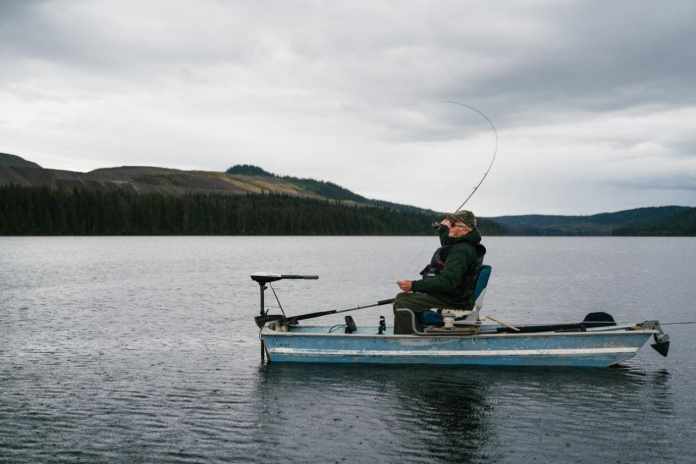It’s been a long-debated topic of Night Fishing vs Day Fishing. Is it better to fish at night as opposed to during the day? Some say it’s a huge thing to consider, others brush it off and say it doesn’t matter, that it’s all about knowledge and fishing skills. Nonetheless, any fishing activity sounds exciting to a fishing hobbyist.For the eager day-fisher, the best bet is to consider the kind of fishing trip you prefer. Maybe you’re thinking either inshore, offshore, or maybe do a full day of a chartered deep-sea fishing trip at Surfers Paradise. On the other hand, night fishing sounds equally fun and challenging. There are a number of things to consider such as weather, lighting and of course, the kinds of equipment needed.In this article, we break down some of the most important things to consider when you’re thinking about Night Fishing vs. Day Fishing.
Amount of Light
This is one of the most vital criteria to consider when doing a fishing activity. The amount of catch that you can obtain, especially for first-timers, depends on how much you can actually see. However, on the fish’s end, they go to shallower water when it is dark. Therefore, for some, fishing at night can be more productive than during the day.
On the other hand, the bright light of day makes everything visible, including baits. When you’re fishing in daylight, fishing lures such as spinners and plugs are most visible to the fish. There are ways to do this though, like using a silver lure in brighter conditions or lures with rattles that attract the fish.
If you’re really keen on going night fishing, you’ll also need to get accustomed to fishing in relative darkness. This means that you’ll need to be familiar with the lay of the land. We recommend scoping out the spot you want to be fishing at during the day and make a mental note of any landmarks that would help you find it in the dark.
Additionally, you might want to schedule your night fishing escapades when the full moon is out. This way you’ll have enough light to be able to navigate your way to your fishing spot. And be sure to have a powerful flashlight handy.
Water Condition
Even in darker waters, inactive fish can still be baited with the use of the right lure. Spinner baits are a good choice since they can be used at any depth. The vibration also attracts the fish regardless of the time of day.
In clearer water, use a lure that moves slowly such as plastic worms. In moving waters, try to find slack water or eddies. Fishes usually rest in eddies to stay out of the current and that should give you a good fishing spot.
Fishing Season
This is perhaps the only condition where daytime or nighttime won’t have any major bearing on your fishing trip. As a general rule of thumb, what you want to consider is your main goal. Are you looking for that one big catch? Or are you looking to catch many fishes?
Either way, what you should consider is fishing season. Big fish season is usually around fall to early spring while you can fish in droves during the summer. On these occasions, remember that if fishing was good in the morning, it would be just as equally prolific in the nighttime.
Location of the Better Catch
Fishes stay on the deeper water during the day, and they swim and feed in shallow water during the night as that’s where they feel less unguarded. This also means more food for them as smaller sea creatures come out during the night.
As much as you would catch generously sized fish during the day, you can also get consistent catches in the night as fishes look for food in the seabed such as cod and whiting. They have a refined sense of smell that enables them to feed even in complete darkness.
Water Temperature
Most of the fish species are cold-blooded, meaning they don’t have the ability to regulate their body temperature. During the night, when water temperatures drop, fishes slow down, making them need less food. Therefore, cold waters will make night fishing unproductive. In warmer waters, depending on the time of the day, they are more active and therefore need more food to live.
Both these activities offer unique experiences, whether you’re a newbie or you’re a seasoned hobbyist. If there’s one thing you just need to take note of, it’s that nighttime fishing is riskier. You have to be extra cautious so you don’t injure yourself or others.



















